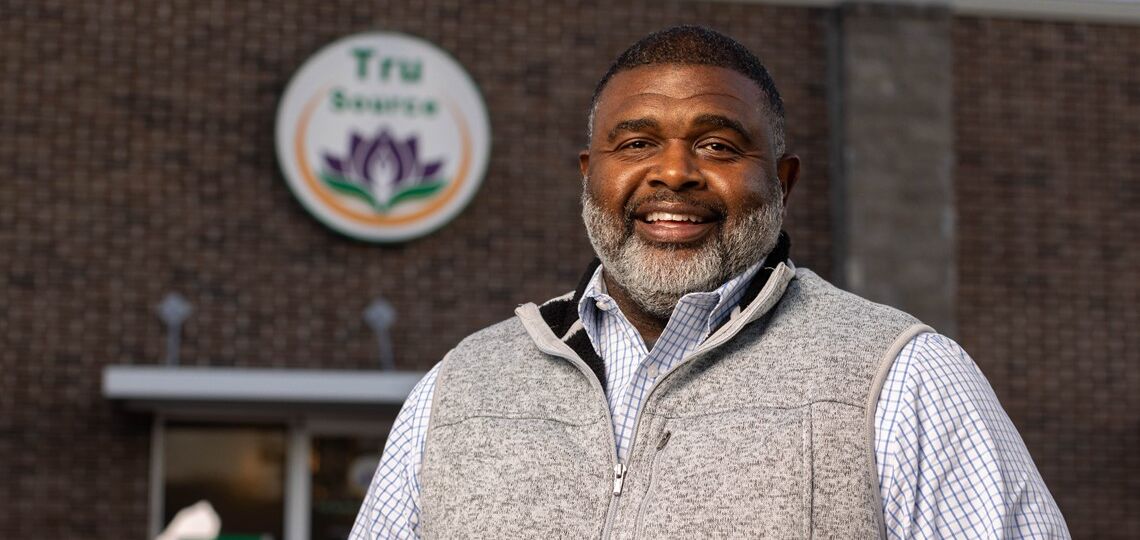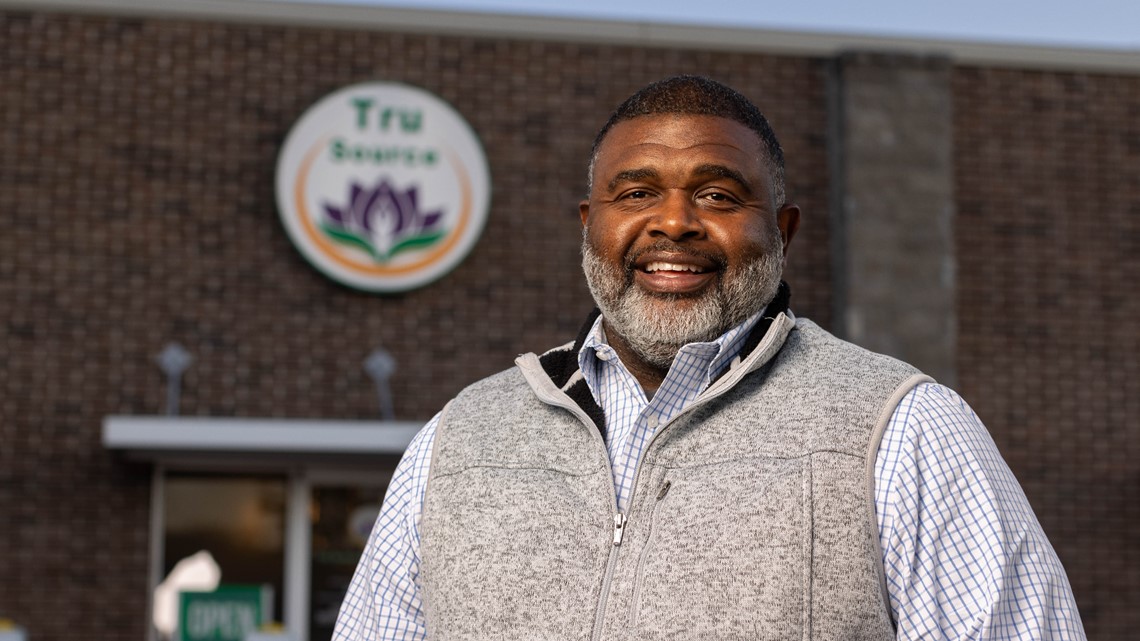

Clarence Cocroft II challenged the advertising ban. He operates Tru Source Medical Cannabis in Olive Branch, Mississippi.
JACKSON, Miss — Medical marijuana businesses in Mississippi don’t have the right to advertise on billboards or other places because marijuana itself remains illegal under federal law, an appeals court says.
The owner of a medical marijuana dispensary argued that the First Amendment protects the right to advertise because Mississippi law permits the sale of cannabis products to people with debilitating medical conditions. The state enacted its law in 2022.
A three-judge panel of 5th U.S. Circuit Court of Appeals on Friday rejected the arguments about advertising. They cited the federal Controlled Substances Act, which since 1970 has prohibited the manufacture, distribution, dispensing and possession of marijuana.
The federal law applies in all states, and Mississippi “faces no constitutional obstacle to restricting commercial speech relating to unlawful transactions,” the judges wrote.
An email seeking comment was sent to the state attorney general’s office Monday.
Clarence Cocroft II operates Tru Source Medical Cannabis in the northern Mississippi city of Olive Branch. He sued the state in 2023 to challenge its ban on medical marijuana advertising on billboards or in print, broadcast or social media or in mass email or text messaging.
“Upholding this ban makes it incredibly difficult for me to find potential customers and to educate people about Mississippi’s medical marijuana program,” Cocroft said in a statement Monday. “I remain committed to continuing this fight so my business can be treated the same as any other legal business in Mississippi.”
Cocroft is represented by the Institute for Justice, a nonprofit libertarian law firm. The firm said Monday that it is considering its next steps in the lawsuit, including possibly asking the entire appeals court to reconsider the case or an appeal to the Supreme Court.
“Mississippi cannot on the one hand create an entire marketplace for the sale of medical marijuana, and on the other hand rely on an unenforced federal law to prohibit buyers and sellers from talking about it,” said Ari Bargil, an Institute for Justice attorney.

